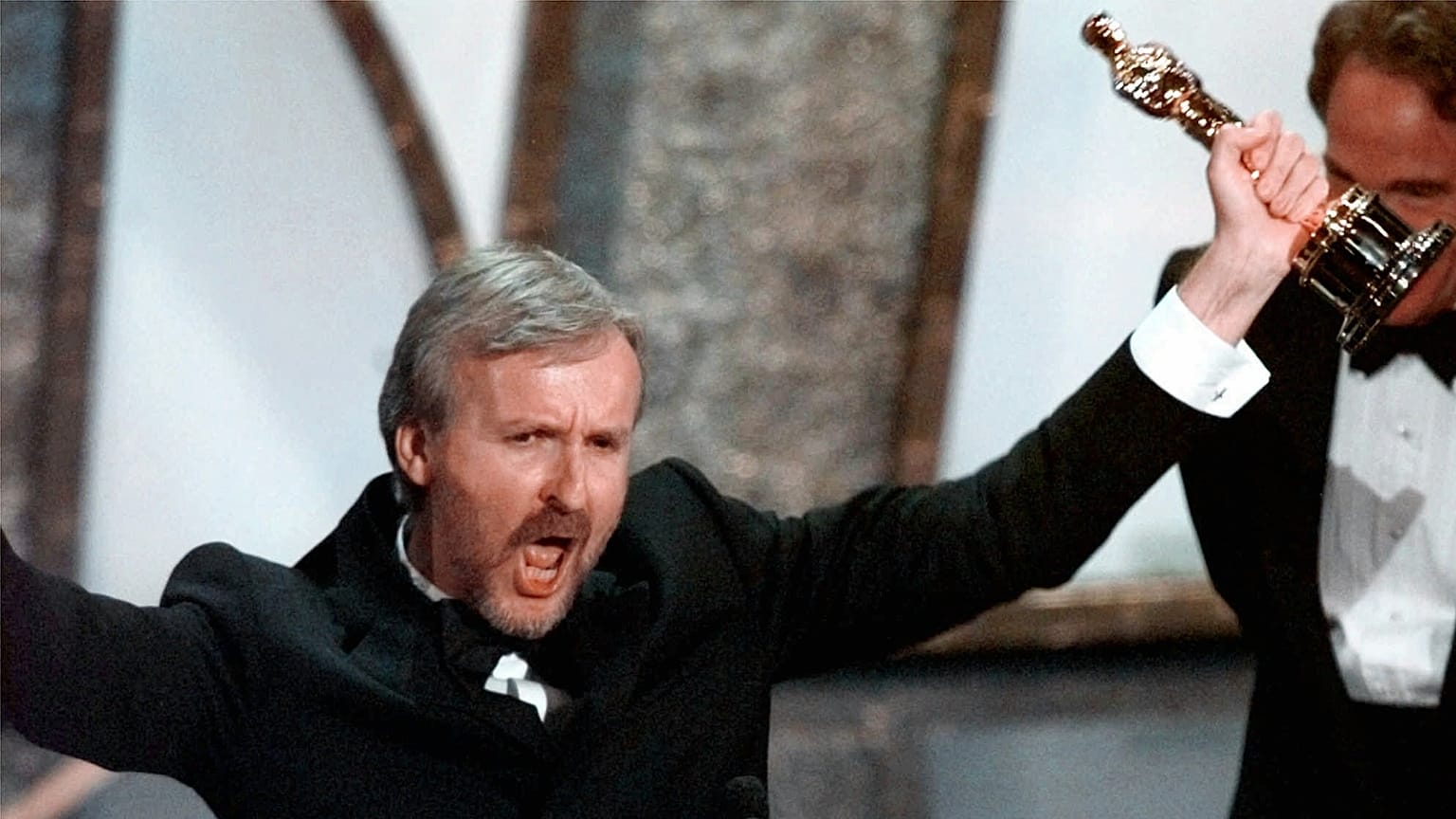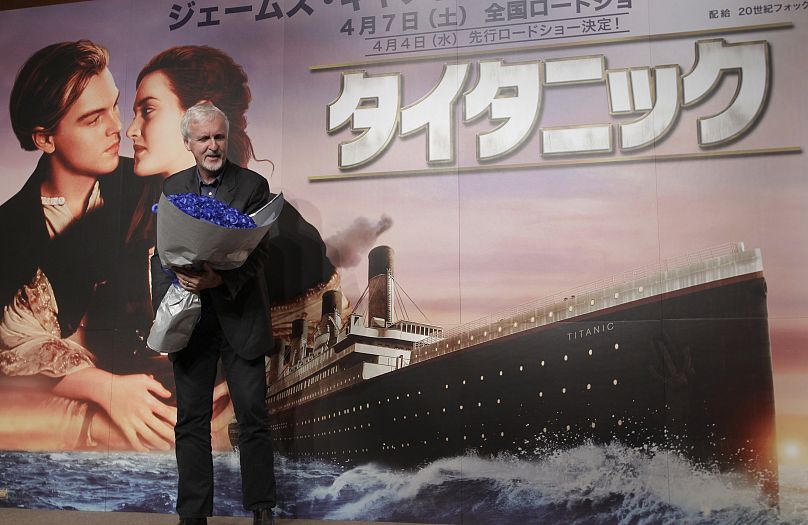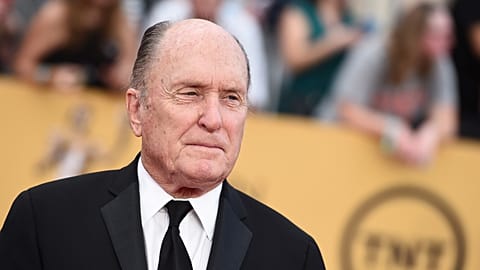1 November 1997: Titanic premieres at the Tokyo International Film Festival
Originally, Paramount wanted Titanic to be released in the summer of 1997. After all, it was an expensive film with a budget of $210 million and the studio wanted to make the most of the more lucrative summer blockbuster season. This wasn’t to be though, as director James Cameron informed the studios that the complicated special effects would take too long to fit that release schedule.
 ADVERTISEMENT
ADVERTISEMENT
 ADVERTISEMENT
ADVERTISEMENT
After a little back-and-forth with Paramount, Cameron’s maritime disaster film was eventually first premiered at the Tokyo International Film Festival on this day, ahead of a wider US release in December.
Initial response to the film was hardly emphatic although it was well received in Tokyo. The first film in history to have a budget over $200 million was giving studio heads ample reason for concern. This is why today’s Re-View is about an eternal lesson of cinema: never bet against James Cameron.
In 1997, Cameron was already considered a hotshot with a reputation for scoring big on scary large budgets. All of his films since 1984 – Aliens, The Abyss, Terminator 2: Judgement Day, and True Lies – had run at perilous costs to the studio. Each time, stories would run through the press of how the wildly ambitious director was risking the entire studio. Yet, every time the films returned more than enough in profit.
But Titanic was a different story altogether. After negotiations, both studios Paramount and Fox had agreed to foot half the budget each – at what was expected to be around $109 million. From the moment Cameron provided the budget breakdown though, costs started spiralling.
Cameron’s demands for everything from massive water tanks to rare submarines and expensive wallpaper. Concerns led Paramount to cap their budget contribution from 50% to a maximum of $65 million with Fox picking up the rest.
Creating the ship though was making costs do anything other than sink, and at the time it was believed that Paramount had played an incredible fast one on Fox. With a budget of over $200 million – a Hollywood first – Fox had ended up contributing significantly more than it had ever imagined. There was no way it would recoup that kind of money.
“The picture was going over and over. Everybody had written it off: 'It's going to be the biggest disaster ever,” Sherry Lansing, then chairman of Paramount said. Peter Chernin, then-Fox CEO and chairman was expecting a $55 million loss for the company.
At the time, a billion dollar movie wasn’t a concept. Steven Spielberg’s Jurassic Park was the highest-grossing film of all time taking $914 million at the box office in 1993.
Yet, somehow Cameron had done it. Titanic was the perfect box office draw. In many ways, it had everything. It was a period drama with a sentimental romantic tragedy at its core that hinged around one of the biggest maritime disasters in history. Schmaltzy love combined with crunching steel girders to make a film that appealed to almost all audiences.
When it did screen in the US, on its opening week it made $28.6 million, before going on to an unprecedented worldwide total of $2.19 billion. Today, the total gross is even greater after subsequent re-releases bringing it up to just under $2.26 billion. The gamble Fox had made paid off dividends in profit.
And true to form, Cameron has remained a director to never bet against. After years of delays and bulging budgets, Avatar was released in 2009 to break his own box office records, making $2.92 billion. 13 years later, he’d match that feat with his similarly under-anticipated sequel Avatar: The Way of Water, which made $2.32 billion in 2022.


















